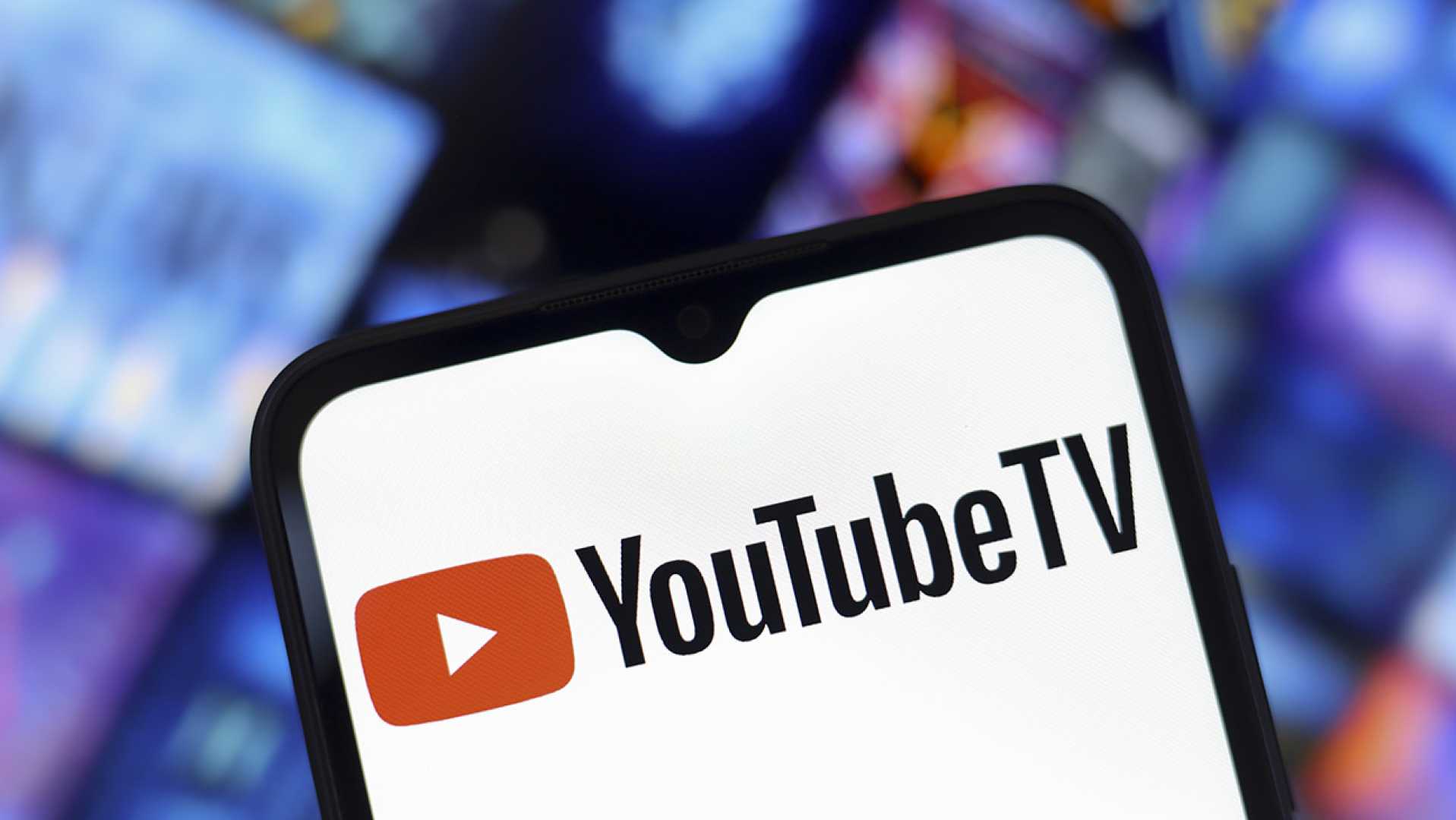Business
YouTube TV Negotiates with Disney Amid Growing Industry Tensions

LOS ANGELES, CA — YouTube TV is in critical negotiations with Disney as their current contract nears expiration. The pay-TV service, owned by Google, could face losing access to major channels, including ESPN and ABC, if an agreement is not reached before the Thursday midnight deadline.
YouTube TV currently has around 10 million subscribers and its ongoing disputes reflect a larger struggle between streaming services and traditional media companies. If the negotiations fail, fans could miss out on popular shows like ‘Abbott Elementary’ and sports programming.
Recent discussions have become contentious due to Disney’s request for higher fees for its content, particularly for sports, which is a vital part of YouTube TV’s offering. Sources familiar with the negotiations indicated that YouTube TV is advocating for shorter contract terms—typically one or two years instead of the usual three to five. This marks a shift in strategy as YouTube TV aims to gain leverage over networks.
As a result, relations with other media giants have also soured. Prior disputes occurred between YouTube TV and Comcast’s NBCUniversal and Fox Corp., both of which settled their disagreements before channels went dark. YouTube TV’s emergence as a major player has highlighted concerns over its negotiating power against traditional media.
Disney responded, stating it invests heavily in content and anticipates fair compensation for their offerings. “We invest significantly in our content and expect our partners to pay fair rates that recognize that value,” a Disney spokesperson declared.
The shifting dynamics of the media landscape are evident, as YouTube TV’s growth continues while traditional cable models face subscriber losses. Experts predict that YouTube TV could soon become the largest player in the pay-TV market, which puts even more pressure on incumbents like Disney to adapt their strategies accordingly.
This evolving competition poses risks for customers, as previously established agreements may not survive under the new terms that YouTube TV desires. Media companies are pushing back, attempting to maintain revenue streams amid a backdrop of cord-cutting consumers.
If negotiations do not conclude successfully, viewers may find themselves in a blackout scenario, especially with other distributors advocating for similar drastic measures to bring costs down.
As the deadline looms, the industry watches closely, wondering which side will bend and what ramifications the outcome may have for subscribers.












